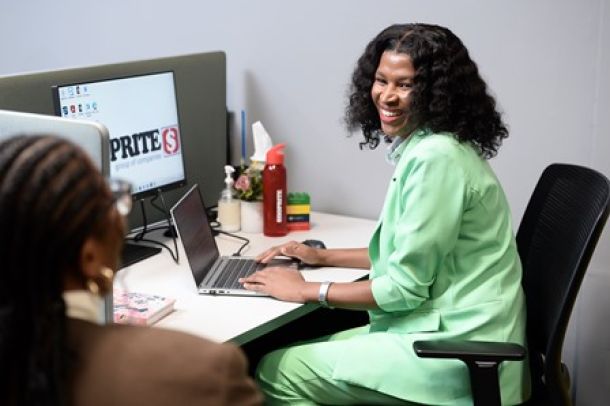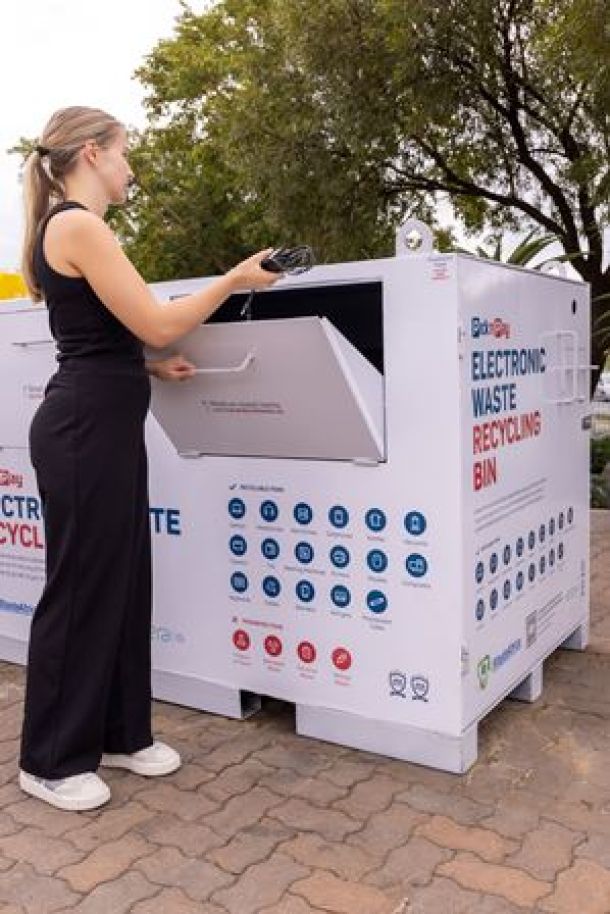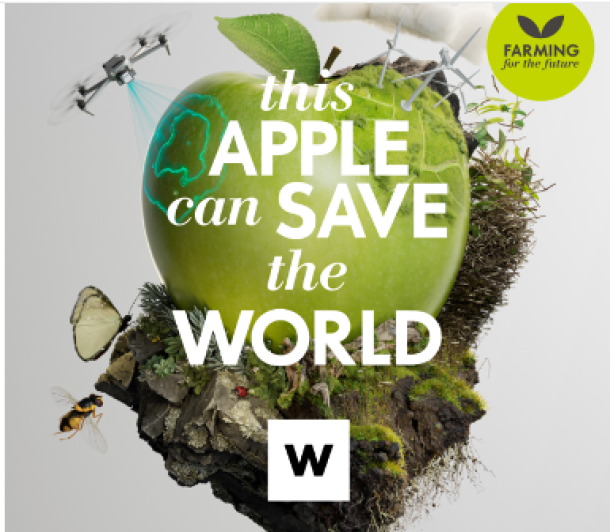South Africa’s war on plastic bags appears to be working
With more restaurants saying no to plastic straws in South Africa, and amid a concerted effort from retailers to cut down on the use of one-time plastics in their products, the move against plastic appears to be is resonating with the wider public, too.
According to the 2017/18 tax statistics published by SARS at the end of the year, revenue brought in by the sale of plastic bags via the plastic bags levyincreased by R9 million to R242 million for the year.
However, while tax collection was up, the actual number of plastic bags sold was down substantially, when you consider the plastic bag levy increased from 8 cents per bag in 2016/17 to 12 cents per bag in 2017/18.
Thus the implied number of bags sold in the last financial year is just over 2 billion – down from the 2.9 billion sold in 2016/17.
The South African government implemented a plastic bag levy in 2004 as a way to combat the growing pollution problem that had become prevalent in many large metro areas.
The levy launched at a rate of 3 cents a bag on some types of plastic shopping bags, and was subsequently increased to 4 cents a bag from April 2009 and then 6 cents a bag from April 2013 and finally to 8 cents a bag from April 2016.
| Year | Revenue | Tax rate | Plastic bags |
|---|---|---|---|
| 2012/13 | R151 million | 6 cents | 2.51 billion |
| 2013/14 | R169 million | 6 cents | 2.82 billion |
| 2014/15 | R174 million | 6 cents | 2.90 billion |
| 2015/16 | R183 million | 8 cents | 2.28 billion |
| 2016/17 | R232 million | 8 cents | 2.90 billion |
| 2017/18 | R241 million | 12 cents | 2.00 billion |
The war on plastic
Several major retailers and restaurants have pledged to do away with plastic.
Woolworths has committed to be rid of single-use plastic bags by 2020, giving the group a timeline to wean shoppers off of ‘wasteful’ plastics and put them on to something more environmentally friendly.
Pick n Pay, meanwhile, has run trials on getting rid of plastic bags at it stores in 2018, while phasing out plastic straws. The retailer also introduced new blue recyclable plastic carrier bags made from 100% recycled material into all stores nationally.
Famous Brands, which owns some of South Africa’s biggest fast food and casual dining brands like Steers and Wimpy, also committed to getting rid of plastic straws by the end of December 2018.
News Category
- International retailers
- On the move
- Awards and achievements
- Legislation
- Wine and liquor
- Africa
- Going green
- Supplier news
- Research tools
- Retailer trading results
- Supply chain
- Innovation and technology
- Economic factors
- Crime and security
- Store Openings
- Marketing and Promotions
- Social Responsibility
- Brand Press Office
Related Articles

Pick n pay upcycles air-conditioning systems, s...

Shoprite Group opens pathways to job opportunit...

Pick n Pay empowers shoppers in the fight again...

Massmart implements early leak detection techno...


